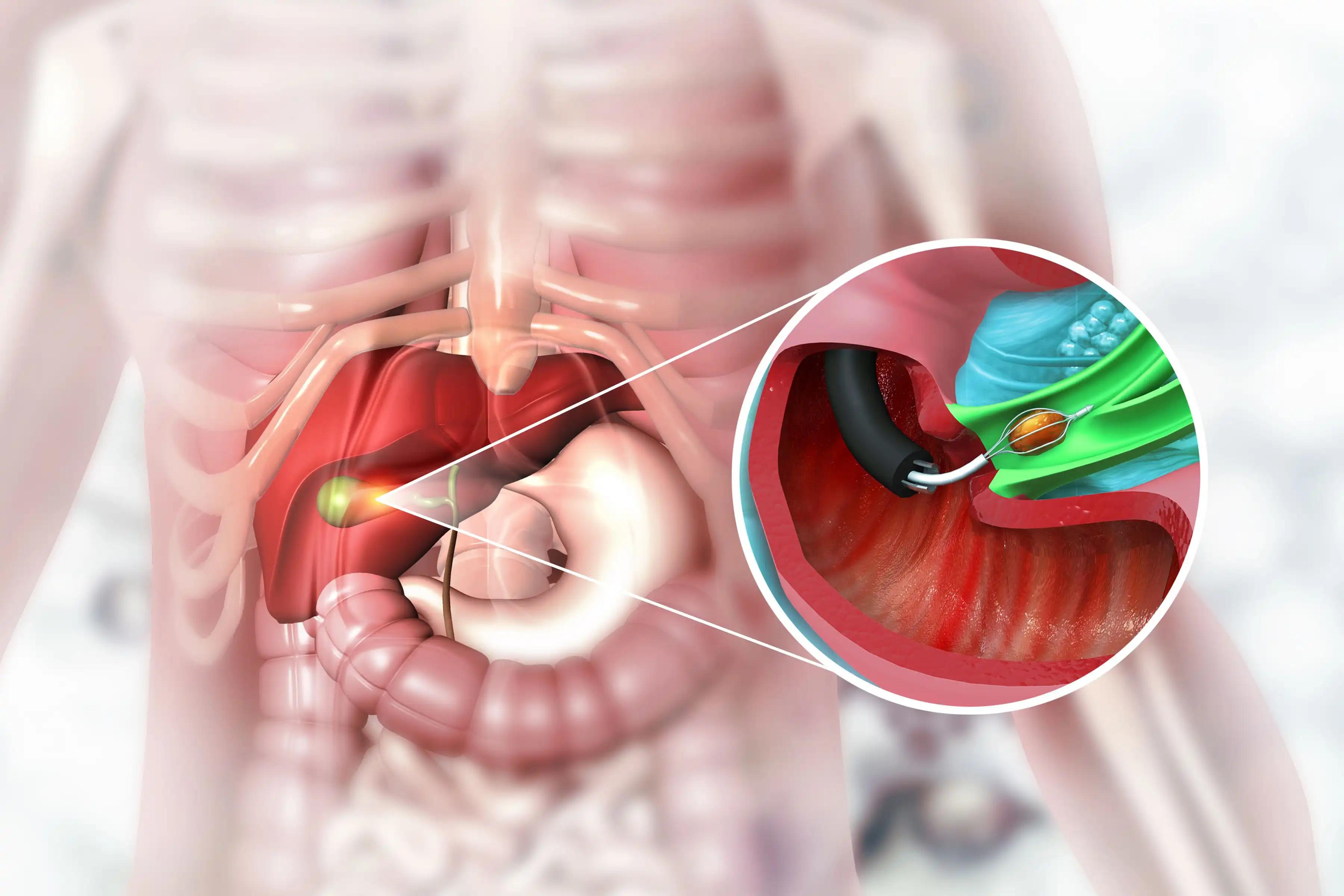KEY TAKEAWAYS
- The LITESPARK-005 phase III trial aimed to compare PROs between belzutifan and everolimus in advanced RCC patients post-ICI and anti-angiogenic therapy.
- The primary endpoint was PFS.
- The results demonstrated the prolonged TTD and improved QoL of belzutifan compared to everolimus in advanced RCC patients.
In the phase 3 LITESPARK-005 study (NCT04195750), patients with advanced/metastatic clear cell renal cell carcinoma (RCC) who had previously progressed after treatment with immune checkpoint inhibitors (ICI) and anti-angiogenic therapies were enrolled.
Thomas Powles and his team spearheaded the study that aimed to present the patient-reported outcome (PRO) findings comparing belzutifan versus everolimus in the LITESPARK-005 study, focusing on aspects related to quality of life (QoL) and disease-specific symptoms. They compared the efficacy of belzutifan and everolimus in terms of progression-free survival (PFS) [HR 0.75 [95% CI 0.63–0.90]; P<.001] and objective response rate (ORR) [18.4 [95% CI 14.0–23.2]; P<.00001].
The study assessed PROs using the Functional Assessment of Cancer Therapy-Kidney Symptom Index Disease-Related Symptoms (FKSI-DRS) and the European Organisation for Research and Treatment of Cancer Quality of Life Questionnaire-Core 30 (EORTC QLQ-C30) questionnaires. These assessments were conducted for all randomized patients who received at least one dose of the study treatment and completed at least one PRO assessment.
The PRO questionnaires were administered electronically on day 1 of weeks 1, 3, 5, and 9, and every 4 weeks thereafter. Additional assessments were conducted at the time of treatment discontinuation and 30 days after the last dose.
The prespecified secondary endpoints included time to deterioration (TTD) and the least square (LS) mean change from baseline in scores measured by FKSI-DRS and the global health status (GHS)/QoL and physical functioning (PF) scales of the EORTC QLQ-C30. Formal statistical testing was not performed for PROs, and nominal descriptive values with 95% CI and P-values were reported.
The median (range) follow-up duration was 25.7 months (16.8–39.1). Patients receiving belzutifan had a median (range) treatment duration of 7.6 months (0.1–35.8), whereas those receiving everolimus had a median (range) treatment duration of 3.9 months (0.0–33.2). A higher proportion of patients remained on treatment with belzutifan (84, 22.6%) compared to everolimus (18, 5.0%). The PRO analysis included 366 of 374 patients randomized to belzutifan and 354 of 372 patients randomized to everolimus. Completion rates for the FKSI-DRS and QLQ-C30 were over 90% at baseline and over 55% at week 17 (~4 months) in each treatment arm.
Belzutifan demonstrated a significantly longer TTD in both FKSI-DRS and QLQ-C30 GHS/QoL scores compared to everolimus. LS mean changes in FKSI-DRS and QLQ-C30 GHS/QoL scores indicated stability from baseline to week 17 with belzutifan, whereas worsening was observed with everolimus. Furthermore, a potentially greater worsening in PF scores was noted with everolimus compared to belzutifan.
The study found that belzutifan demonstrated prolonged TTD in FKSI-DRS and EORTC QLQ-C30, with score improvements at week 17 favoring belzutifan over everolimus. Overall, PROs indicated better disease-specific symptoms and QoL with belzutifan.
Research was funded by Merck Sharp & Dohme LLC.
Source: https://meetings.asco.org/abstracts-presentations/229897
Clinical Trial: https://clinicaltrials.gov/study/NCT04195750
Powles T, Albiges L, Jalkanen KJ, et al. (2024). “Belzutifan versus everolimus in participants (pts) with previously treated advanced renal cell carcinoma (RCC): Patient-reported outcomes (PROs) in the phase 3 LITESPARK-005 study.” https://doi.org/10.1200/JCO.2024.42.4_suppl.361 (361)



